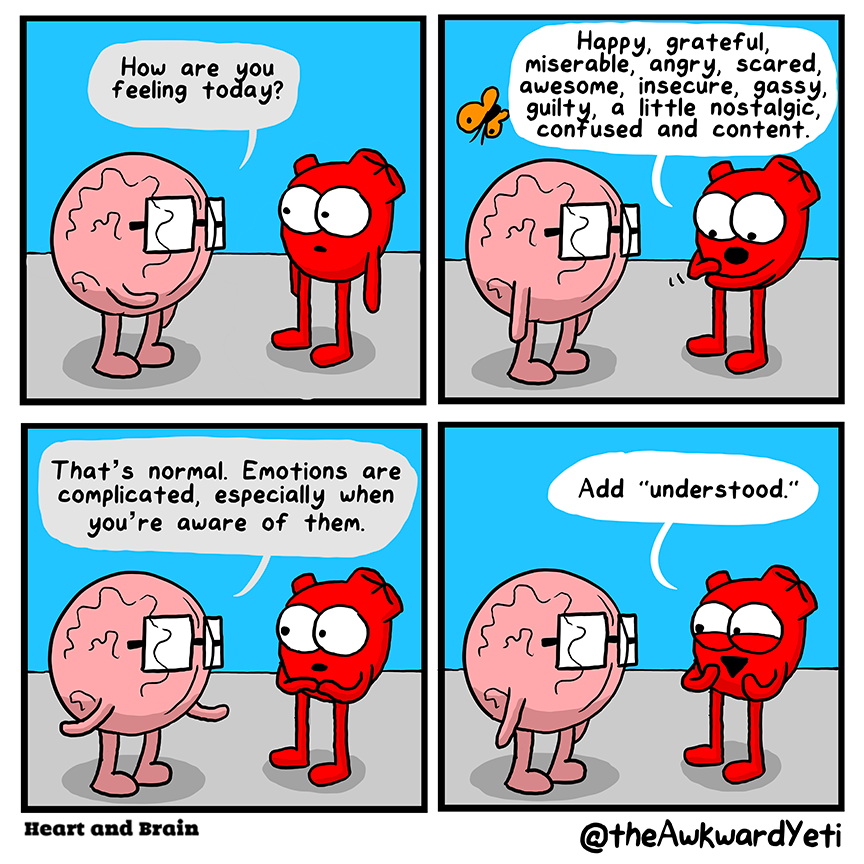There’s an quote often attributed to Abraham Lincoln that goes something like:
If I had five hours to cut down a tree,
I would spend the first four hours sharpening the ax.
While it’s doubtful he actually said this, I find the implications of the quote to be useful, especially when it comes to thinking about self-development and self-care.
There are countless tasks, challenges, and obstacles we navigate in our lives that involve just learning enough to get by.
Get competent enough to survive, and then move on.
For most people, it’s not worth spending too much effort to be world-class at washing dishes, for example.
(Though, of course, there’s always exceptions…)
If you’re just pruning some twigs, you don’t need a super sharp ax.
But there are some obstacles in life that are worth approaching differently.
There are some skills in life that are worth learning really well.
Professionally, if you know you’re going to be spending a large chunk of your life on something (or, if something you’re doing is really high-stakes), there’s a lot of value in getting REALLY good at doing that thing. As an example, we usually require doctors to spend over a decade just studying medicine before we let them practice. We (rightfully) want their professional “axes” to be really sharp before they start to treat us.
Most of us don’t spend our professional lives treating the sick, but we all do have lives that we want to spend well.
And in pursuit of spending my life well, one area that I’ve found to be disproportionately fruitful for “ax sharpening” is in the area of interfacing with my emotions and my “inner self”.
If there’s one thing we’re guaranteed in life, it’s that we’re going to encounter events, people, and situations that will cause us unpredictable and often chaotic emotions.
Stress, anxiety, anger…
Joy, love, longing…
Overwhelm, sadness, despair…
Hope, annoyance, drive, exhaustion, excitement, lethargy…
And that was just this Monday.
Because of that, and because every one of us will spend the entirety of the rest of our lives with ourselves, closer than any other person could possibly be to the tumultuous deep that can be our inner-selves, I’d suggest that one of the most useful “axes” we can sharpen is the skill of navigating that tumult… of learning how to deal with, give space to, and work with our emotional selves.
Mental health seems to me to be a very important (though, easily overlooked) part of whole health. And it’s a part I’d not given much space to in my 20’s.
I’m glad finally starting to learn some of the tools to cultivate good mental health now, in my early 30’s.
A few tools that I’ve found to be effective to that end, which I’d say are great ways to “sharpen” one’s capacity to interface with their emotional selves:
- Breath-work - techniques like Edge Breathing, Box Breathing, the 4-7-8 Technique, or even just setting a timer and focusing for a few minutes on taking really slow, really deep breaths can be shockingly good at effecting a better mood… or at creating a mental space in which dealing with our otherwise-chaotic emotions can be done much more easily.
- Journalling - I’ve found that having a space to turn emotions into language, and then interact with those emotions as words on a page, instead of as nebulous and ethereal feelings has been a powerful tool for pursuing better mental health. Journalling is interesting, in that there are many different techniques one could use, with vastly differing uses and efficacies. But I think it’s rare that taking time to journal isn’t at least somewhat helpful. (Even last month, I was feeling suffocatingly overwhelmed by everything I needed to do in preparation for an international move. To combat that, I opened to a blank page in my journal and just simply starting writing out everything that was stressing me (not even a “to-do list”; just a “stressors” list). The very act of getting all those stressors on paper (even though it ended up taking 2 pages to do so) brought a lot of relief from that stress.) I’m hoping soon to share another post about a few specific techniques I like to use when I journal.
- Sabbath / Location - I’ve written before about how powerful taking time to rest or making a temporary location change like spending a few hours in nature can be. I think they’re both really effective, and really under-used…. in my life at least! Probably for many people. Using them consistently (like once a week) can be really life-giving and stability-bringing.
- Counseling / Therapy - When your car is making weird sounds, you should take it to a professional who can figure out what those sounds mean. So, when your inner-self is acting in ways you don’t fully understand, it also makes sense to see someone who specializes in helping people through situations like that.
It’s interesting to note that, while each of these tools are really effective on helping cultivate better personal mental health, none of them are “hard”.
They’re all fairly simple.1
They largely require just showing up, and doing them consistently.
They mostly require habit building.
If it’s worth taking time to sharpen an ax to make the day’s work of chopping down a tree smoother,
then it’s all the more worth taking the time to learn how to navigate the emotions that we’ll have for the rest of our lives.
It’ll help us to walk in more health, more joy, more love, and live all-around better lives.
-
Maybe with the exception of some journalling techniques that can be disproportionately helpful, but do involve some real and intense work. ↩︎
](https://joshmuller.ca/img/2023/sharpen-your-ax.jpg)
